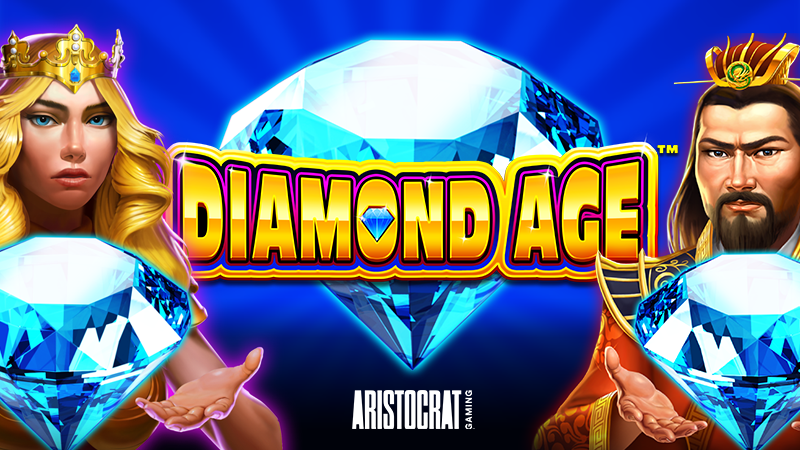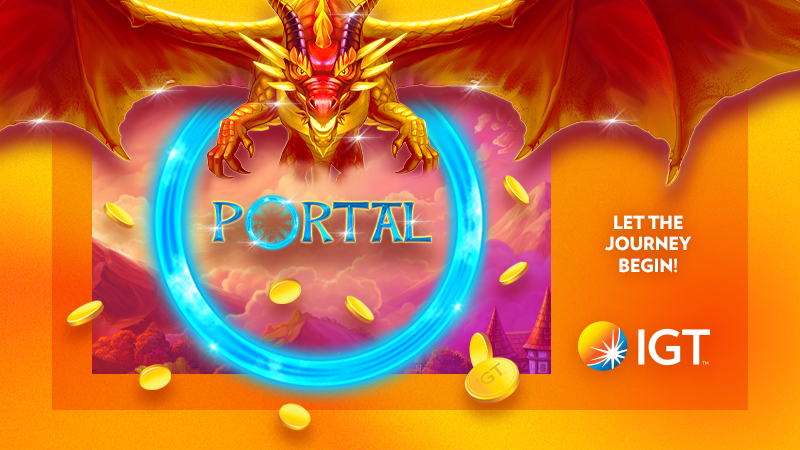RETHINKING PLAYER DEVELOPMENT: WHO SHOULD WE BE REACHING OUT TO AND WITH WHAT?
Q&A with Janet Hawk, Raving Partner, Player Development and Marketing
It’s time to reposition and rethink Player Development (PD) as we navigate through these challenging and diverse economic times.
Are expectations of senior management realistic? Can PD teams be successful with limited tools, amenities and players? Janet Hawk, Raving Partner, Player Development and Marketing, was asked for her experienced take on these questions, and her thoughts on how we can navigate this changing trend.
Hosts have a lot of pressure on them to drive players back through the door as their venues are reopening. However, many of our older, hosted players are not coming back. What does the new strategy look like? Are hosts going to be expected to work miracles?
Hosts are always expected to perform miracles! PD is often overlooked until revenue takes a dip or if an event isn’t performing according to expectations. Now is no different. What IS different is the need to reconnect with our best players – this is a change in strategy. Often PD professionals were focused only on the “usual suspects,” the top value players in the database that give you so much business. Previous to the pandemic, we’d train our clients not to focus on these “usual suspects,” and look for potential growth players instead, but the primary focus NOW is getting those regular players back in! It’s really important that we take the time to reach out to these guests on the phone. Also, many people aren’t moving far from home these days, so driving and local are going to be your primary centre of attention.
Many venues are seeing a younger demographic of player coming through the door. Is there a difference in hosting these folks? Are expectations different?
PD is mathematics … everything is based on play. When it comes to interactions with guests, universal principles don’t make sense. We are all different. We look at the way people behave; the way they want to be entertained. We should treat (or host) each guest the way they want to be treated. It shouldn’t be based on age; it should be based on the person. Those younger demographics many times before the closures, got overlooked because of the assumption that they don’t have disposable income. This thought process has always made no sense to me. Don’t look at age, look at play.
No hotel. No spa. No steakhouse. How does a host “treat” their best players?
One of my mantras when I work with a PD team is: DON’T BUY LOVE (meaning, don’t try to buy loyalty). That is a deep dark well that you will never be able to get out of and you end up over reinvesting in players who aren’t loyal to your property, but simply shopping for “deals.” Over-reinvestment is dangerous and will ultimately cost you way more than it’s worth. When I worked in smaller properties with little to no amenities, I had to think outside the normal toolbox. One idea I love is to work together with local businesses for added incentives for guests. Purchase gift cards at local restaurants, dry cleaners, car washes, etc., and use them as an “earn and get” promotion or let guests turn their points in to “purchase” the gift cards. Your property gets the play, guests get an added perk and you also help support small businesses in your community. A total win/win/win!
Explain micro-events, do they really work?
Micro events are more personalized events with much smaller groups. These can include a hosted dinner where there are three or four couples (a great way to introduce players who you feel are compatible), tech party (teaching your older, less tech savvy guests how to use everyday technology), a paint & sip party, fishing trip, golf outing, etc.
This is a new day for all of us, so micro events won’t be the solution for all of your guests. Some are still uncomfortable venturing out now, some may feel comfortable only with small micro events. There is no one size fits all solution. It will depend on how well your hosts know your guests. It is going to take several different smaller scale ideas to try and get back to even.
You have always promoted building relationships; particularly picking up the phone especially when you don’t have an offer. So how does a host justify their limited time, making calls, knowing that their calls will not generate a visit as folks are scared to come back? What if a host feels ethically concerned about encouraging high risk players to come back?
Yes, relationships are the key to successful sales. Leave the hardcore arm-twisting sales techniques to the car warranty salesmen and telemarketers. Hosts need to manage their time. There are always going to be situations (or excuses) to not pick up the phone. It is a vital part of what hosts do, so do it. Those calls that aren’t offer-based will actually do far more to solidify loyalty (see “can’t buy love” above).
Ethics and integrity are the heart and foundation of what hosts do. Hosts should always be cognizant of not pushing a guest to come back. Not only is it rude, but as part of a trusting relationship, there will always be times when a host may have to encourage a guest to stay away (problem gambling). While it is the hosts job to bring in business, it is also their job to bring in the right business. If a guest knows you care more about them than their money, you will have their loyalty.
This article was adjusted for Australian readers from an original article: https://betravingknows.com/weekly-reports/host-player-development/2020/07/rethinking-pd/













